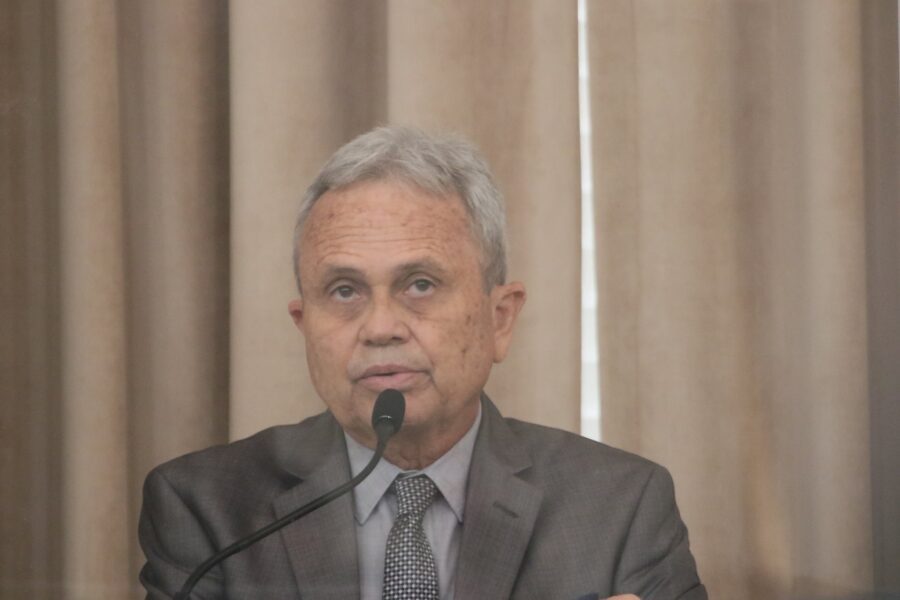By Sue-Ann Wayow
PRIME MINISTER Dr Keith Rowley is asking workers not to shut down the country in an attempt to get higher wages.
He said that the current economic situation should be taken into consideration and shutting down the country would not be wise at this point.
Dr Rowley, at a press conference on Sunday was asked about the trade unions threat to cease work until a better offer than 2% increase is made.
He said, “Let’s not overreact. Let’s not shut down the country.”
His government has always been concerned about the sustainability of jobs and even borrowed to ensure that public servants were paid on time.
“Clearly what has been offered has offended some people,” Dr Rowley said.
He added that he asked Finance Minister Colm Imbert for a report of the breakdown of the cost to pay the workers and the current public servants’ wage bill was $8.7 billion without the increase.
A 2% increase would be an additional cost of the recurrent expenditure of $175 million, in Cost of Living Adjustment (COLA) inclusive of backpay, $1 billion and on a monthly basis an increase of $411 million, the Prime Minister said.
“We would love to give the public servants as much as they can expect but it has to be tempered by what reality is,” Dr Rowley said.
On Friday, trade unions leaders declared that they will not be accepting a 2% increase over an eight-year period officered by the Government, an offer being made to hourly, daily and weekly rated workers of central government, the Tobago House of Assembly and municipal corporation employees.
They threatened to shut down the country if there was no better offer.
No unilateral change says Imbert
And in Parliament on Monday, Imbert said there was no unilateral change to any collective bargaining agreement and the government was operating within the law as it relates to wages and salaries of public servants.
He was answering an urgent question from Member of Parliament for Couva North Ravi Ratiram.
The question was asked by Member of Parliament for Pointe-a-Pierre David Lee on his behalf.
Ratiram asked, “Given the serious concerns expressed by the leadership of several trade unions that the Government has unilaterally altered the collective bargaining periods without any discussion or consultation, will the Minister state the reasons for this unilateral change?”
However, Imbert replied that any indication of a unilateral change was misinformation.
He said, “The Industrial Relations Act Chapter 88:01 section 41:1 indicates that a collective agreement shall be for a minimum period of three years and can be for a maximum period of five years. So, therefore, there is no unilateral change to anything. This is entirely within the law.”
![]()












